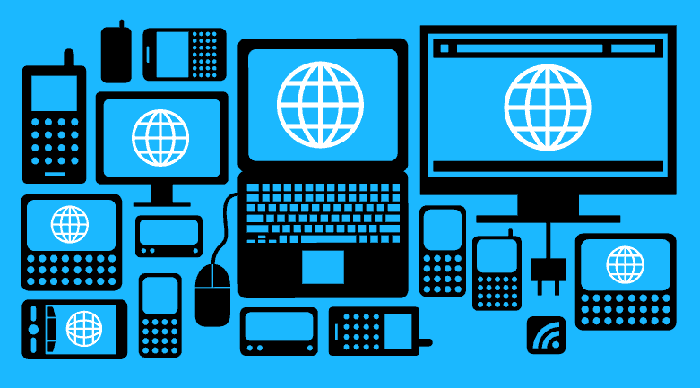Net neutrality is a phrase that was adopted to describe a state of freedom within the internet that promotes open web access without regard for varying types of content, applications, platforms or websites. Currently, internet service providers (ISPs) can charge for tiered services that allow companies with deep pockets to obtain faster web services than those who are unable or unwilling to pay higher internet service prices.
In extreme cases, these ISPs can not only slow services down to allocate more bandwidth to their premium customers, but they can also disable services as well. Governments use the same technology to censor internet content and block certain websites from being accessed by their citizens. Net neutrality legislation has been proposed and will be voted on soon to prohibit abuses of the tiered service system of ISPs and general internet censorship.
5WPR Insights
Arguments of Net Neutrality Proponents
Many of those concerned with social issues like family values may favor censorship to a certain extent and argue that the internet is in need of a thorough house cleaning. However, that type of moral screening is unlikely to happen with or without new net neutrality regulations. Net neutrality advocates believe that ISPs and even governments become gatekeepers of everything that can be accessed or used on the internet. This means that sites, content or applications associated with competitor services can theoretically be given short shrift.
They acknowledge that the problem could go far beyond clashes among ISPs and that non net neutrality reduces healthy competition valued by consumers. Also, those who speak out against government corruption or who run independent news outlets face potential internet censorship by governments seeking to quell freedom of speech and the press. Some well known companies and people who advocate net neutrality include Microsoft, Amazon and President Obama.
What Net Neutrality Opponents Have to Say
Some famous entities that oppose net neutrality regulations are AT&T, Comcast, several network engineers and Robert Pepper who is the former FCC policy development director. Their main argument is that more government regulations in this area would stifle research and development efforts needed to create a better internet. Telecommunications companies claim that higher prices charged for premium tiered services help to pay for investments in improved, higher capacity infrastructure. They hope that these improvements would eliminate consumer annoyances like slow loading sites or sites that are totally disrupted by ISPs that consider them bandwidth hogs. Currently, ISPs use quality of service standards (QoS) and service level agreements to prioritize internet transactions; net neutrality regulations would propose that QoS be used without charging additional fees.
If net neutrality legislation is passed, it appears that internet based businesses benefit from a more even playing field with larger companies that have greater resources. Large telecommunication companies that would normally charge a premium for fast internet services would clearly consider themselves victims of this type of government intervention. If cable companies and ISPs are classified as common carriers like the retro phone companies, the increased competition among ISPs would theoretically help to improve services across the board and decrease discriminatory tactics by influential ISPs.
Read more from Ronn Torossian:
Ronn Torossian on Forbes
Ronn Torossian on Medium
Ronn Torossian on LinkedIn
Ronn Torossian Update
Ronn Torossian on Business Insider

More PR Insights
How PR Builds Trust And Credibility For Upselling
Why Your SEO Team Should Sit in on PR Planning
How To Hire And Structure An Effective In-House Brand Journalism Team